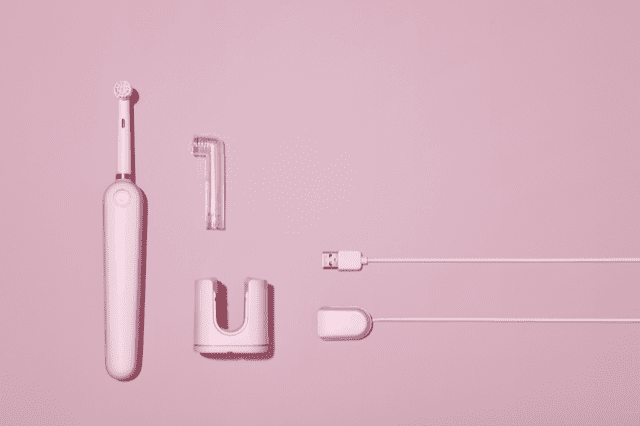What is Plaque and Why is it Harmful?

You’ve heard about plaque most of your life. In TV commercials, the grocery store aisles and from your dentist, you’ve heard that plaque is bad for your teeth and you should avoid allowing it to build up in your mouth, but do you really understand what plaque is and why it’s harmful?
Plaque is an extremely sticky, colourless to pale yellow deposit of biofilm that regularly forms on your teeth. When saliva, food and fluids combine they produce bacteria deposits, which collect where the teeth and gums meet. Plaque contains bacteria, which produce acids that attack your tooth enamel and can damage your gums.
Plaque builds up on your teeth as you eat and drink throughout the day. It is composed of harmful bacteria that will start to decay your teeth if it is not properly addressed. Since we know that good oral health is critical to optimizing your overall health, dealing with harmful plaque is very important.

Plaque is harmful because if it is left untreated, the damage caused to your enamel and gums could become permanent. When plaque accumulates and is not removed, it can mineralize, trapping stains and turning into tartar. Plaque is the root cause of many oral health issues and requires preventative maintenance to ensure your teeth stay strong and healthy.
Unchecked plaque can cause a whole host of problems with your teeth. The simplest of these is the formation of caries, or a cavity. If left alone, the bacteria in the plaque will consistently produce acids that cause damage to your teeth’s enamel, the outermost protective layer of your teeth. Cavities aren’t the only bad things that can happen to your mouth because of plaque buildup. You may also experience gingivitis and periodontitis or gum disease. Eventually, plaque can turn into tartar, which is harder to remove and better at breaking down your enamel, which can lead to much more serious issues including root canal or tooth extraction.
Sticky bacterial plaque that builds up on your teeth and inflamed, bleeding gums do more than just threaten your dental health. A growing body of research has found that bacteria and inflammation in your mouth are also linked to other problems, including heart attack and dementia, and may well jeopardize your overall health. Scientists have identified several links between poor oral health and other health problems, making it imperative to your overall health that plaque is managed on a daily basis.
Build up from plaque can lead to gingivitis and gum disease so it is important to take steps for treatment and prevention.
- See your dentist every 6 months for a thorough cleaning
- Brush with an anti-bacterial fluoride toothpaste that is formulated to remove plaque and prevent future build up
- Floss at least once a day to remove food particles and plaque that gets between teeth
- Use a quality toothbrush and be sure to replace it every three months.
- Add an Alkaline mouth rinse such as CTX4 to your dental care routine to help protect against the buildup of plaque and prevent gingivitis between brushing
- Eating well-balanced meals and brushing after snacks will help to reduce the formation of plaque
When it comes to plaque, a healthier mouth starts with good brushing habits and seeing your dentist regularly.
Now that you know what plaque is, how it forms, the damage it can do and how to prevent it, it’s up to you to take good care of your mouth by removing harmful plaque. Brush and floss your teeth, be mindful of what you are eating and drinking and see your dentist for regular check ups. If you’re in need of a dental cleaning, you can book an appointment here.
